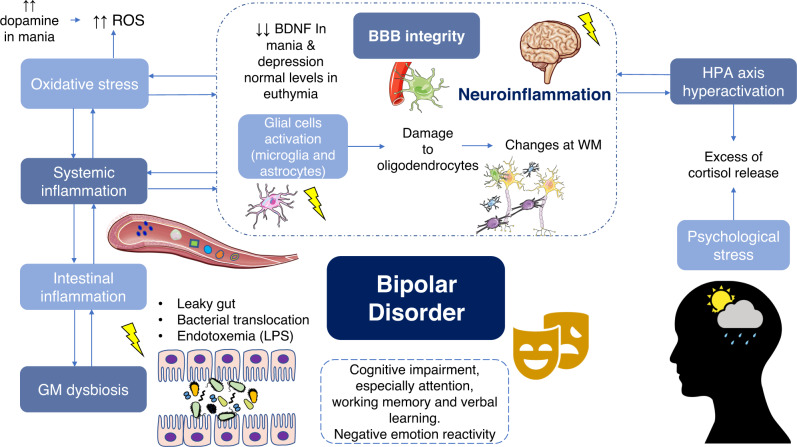Fig. 4. Factors involved in neuroinflammation in the context of bipolar disorder physiopathology.
Leaky gut promotes bacterial translocation and consequent endotoxemia, what is a major contributor of inflammation, locally (intestinal) and systemically. Oxidative stress is also represented, and it seems to be even increased in certain phases; particularly, in mania, an increase in dopamine causes higher ROS production. Besides HPA axis hyperactivation is related to the aberrant control release in addition to psychological stress. Chronic inflammation causes impairment at BBB integrity, and then glial activation (microglia and astrocytes) is triggered. These mechanisms cause damage to oligodendrocytes, which causes imbalance at myelinization and therefore changes at WM. This cascade of events causes the so-called neuroinflammation, which promotes clinical manifestations of BD like cognitive impairment and negative emotion reactivity. ROS reactive oxygen species, BDNF brain-derived neurotrophic factor, BBB blood–brain barrier, WM white matter, HPA hypothalamic–pituitary–adrenal, GM gut microbiota, LPS lipopolysaccharide.

